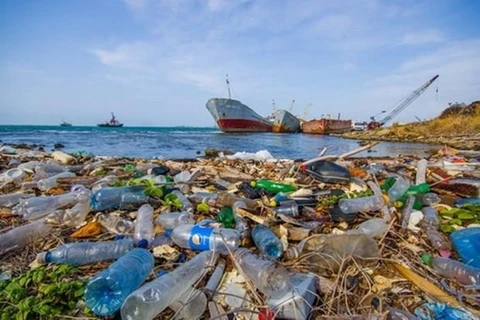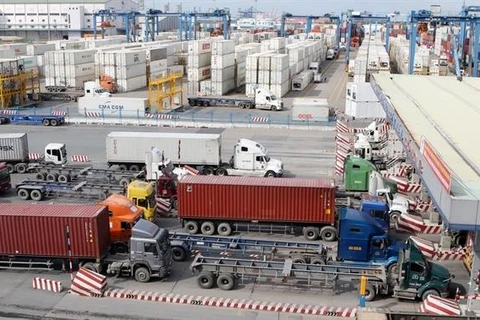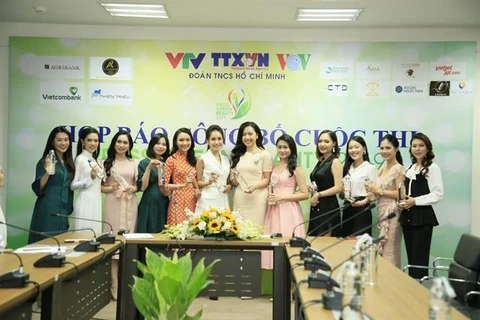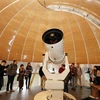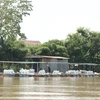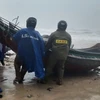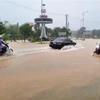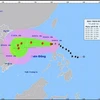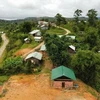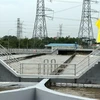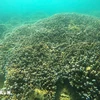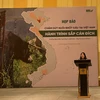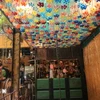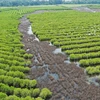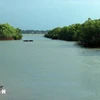Da Nang (VNA) – Experts and researchers gathered at a national conference held in the central city of Da Nang on October 20 to discuss measures to reduce ocean debris from aquaculture activities.
At the event, organised by the Ministry of Agriculture and Rural Develoment (MARD)’s Directorate of Fisheries and the International Union for Conservation of Nature (IUCN) in Vietnam, Nguyen Thi Phuong Dung from the MARD said that Vietnam is among the worst polluters of this kind, discharging some 0.28-0.73 tonnes of plastic waste to the ocean.
Plastic waste has caused negative impact on the habitat of marine creatures, she said, adding there will be more plastic waste in the sea than fish by 2050 if no effective interference happens.
The conference delivered a detailed report on environmental pollution in 11 protected marine areas, providing important statistics to shape up programmes to reduce plastic waste pollution in the aquaculture sector.
Experts discussed several recommendations on applying the “polluter pays” principle and initiative to cut plastic waste pollution, as well as listened to experience sharing from the Cu Lao Cham Marine Park.
Also, they suggested the Directorate of Fisheries to pen documents guiding localities nationwide to better manage plastic waste, build specific standards for aquaculture activities, organise annual forums to share experience of relevant parties, provide training and enhance communication work in the field.
According to the UN Environment Programme, 400 million tonnes of plastic are produced in the world each year, and some 12 billion tonnes of plastic waste will be discharged into the environment by 2050. In the next three decades, around 99 percent of seabirds will eat plastic, and over 600 marine species will be in danger because of plastic waste./.
VNA


